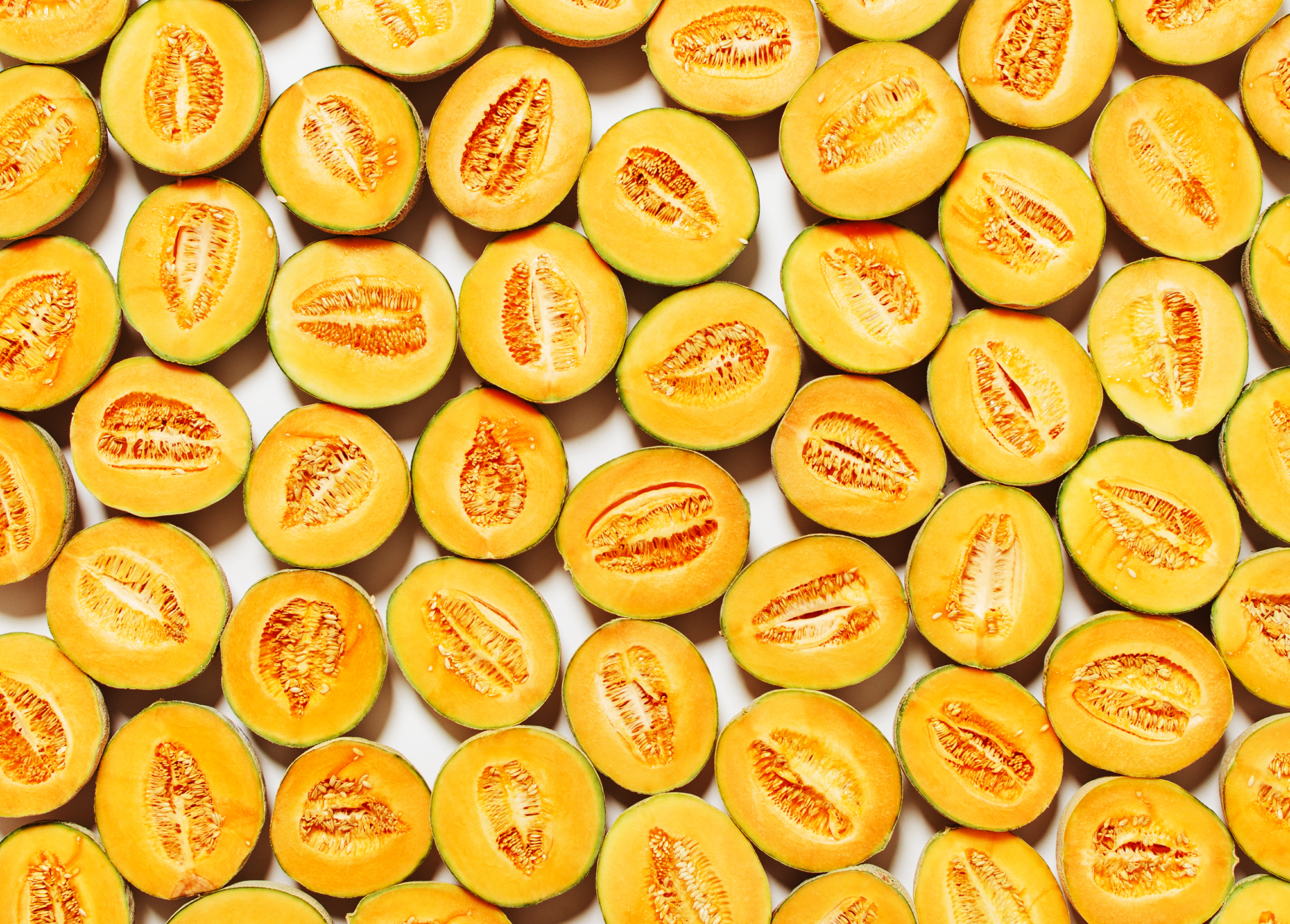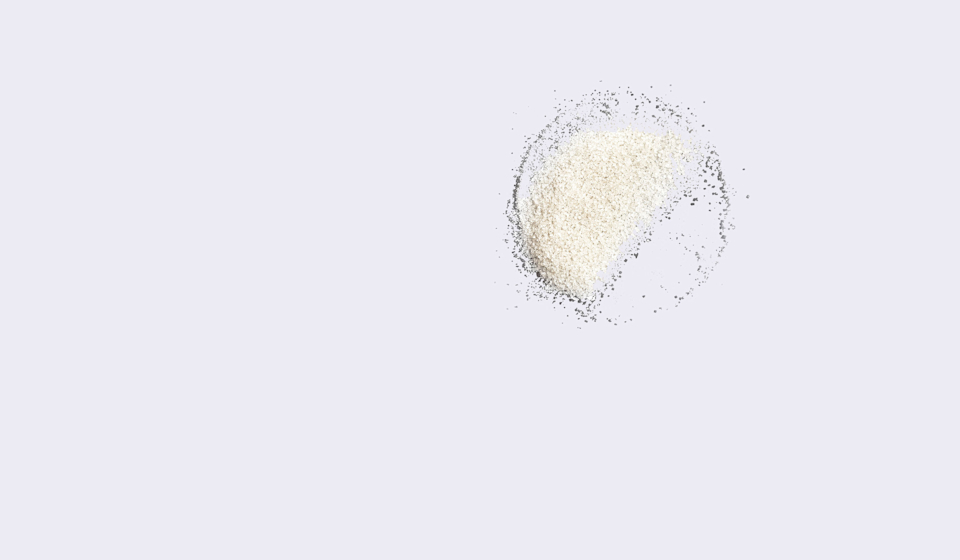Even when you’re just thinking about pregnancy, it can be an incredibly overwhelming time. There’s a lot to consider—and that includes the tweaks you might want to make to your current lifestyle, like your diet.
But let’s clear one thing up right off the bat: While nutrition certainly plays a role in creating a great environment for baby, it’s not really that different than treating your body with care during any other stage in your life. In other words, we should all strive to eat healthfully most of the time, but pregnancy might be a good time to double-down on those habits.
That’s according to a 2018 review published by researchers at Harvard Medical School and the Harvard T.H. School of Public Health. The big takeaway: It’s wise just to aim for a balanced diet overall, along with a high quality prenatal vitamin to help fill the gaps. But there are still a few key points to consider. Take a closer look with us below.
Certain nutrients are really important for pregnancy.
That includes a lot of the nutrients you’ll find in a quality prenatal multivitamin: things like folate, omega-3, choline, iron, iodine, vitamin D, and biotin. Ideally, a healthy diet already includes these nutrients. The researchers for that Harvard review specifically call out the Mediterranean diet, which includes a balance of healthy fats, fresh vegetables, and fish.*
Your diet should be the primary source of vitamins and nutrients to support your pregnancy. But doctors and scientists also recommend taking a quality prenatal to help fill gaps, because we can’t always ensure that our body is absorbing nutrients as well as it could through diet alone.*
Folate is a great example. Folate supports neural tube development and blood building, among other things, and is found in foods like leafy greens, fresh fruits, and legumes. But cooking those foods—or even just chopping them— can degrade that folate. That’s not even to mention that up to one-third of women have genetic variations that make it difficult to efficiently utilize folic acid, the synthetic form of folate.*
This doesn’t mean you should give up on those foods altogether, especially since they contain other nutrients your body needs. So a food-first approach is still the way to go—a prenatal multivitamin just offers support for nutrients that might fall through the cracks of your diet.*

Other foods and substances are better to avoid altogether.
Alcohol is definitely a no-go, which you probably know already. Even if you’ve heard that a glass of wine is okay on very rare occasions, the CDC says that no amount of alcohol is 100% safe for your developing baby. That’s something to keep in mind even if you’re just trying—you might be pregnant and not even know it yet, and those first several weeks of fetal development are crucial. Caffeine is a little trickier, since there are conflicting studies about its impact on pregnancy and which amounts are safe. Just for peace of mind, it’s probably best to restrict yourself to one cup of coffee or just skip it altogether.
The same goes for unpasteurized dairy products and raw or rare-cooked fish, meat, or eggs. As much as we love a poke bowl, for example, raw tuna can expose you and your baby to harmful bacteria and pathogens. So eliminate the risk by avoiding those foods until baby arrives safely.
As for your general diet, trans fats—the unsaturated fats found in fried foods, margarine, pre-packaged baked goods and other processed foods—are not ideal for you or your baby. The same is true for diets categorized as “unhealthy,” or rich in red and processed meats, sweetened drinks, and sugar.
But it’s important to remember that eating poorly isn’t just bad for pregnancy, and eating a mostly-healthy diet isn’t just good for pregnancy. While it’s not a bad idea to take a closer look at your wellness habits when you’re thinking about having a kid, aiming for a balance of nutrients (and leaving room for the occasional indulgence) is a good idea all of the time. In other words, if you already lead a generally healthy lifestyle, you probably don’t need to overthink it.*







